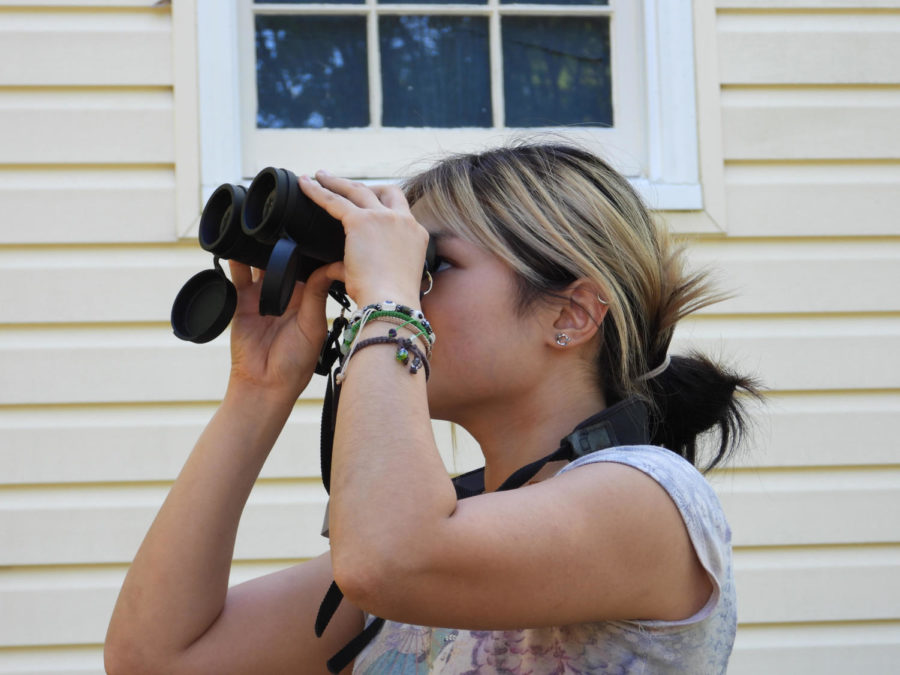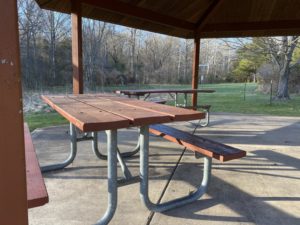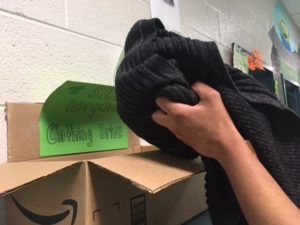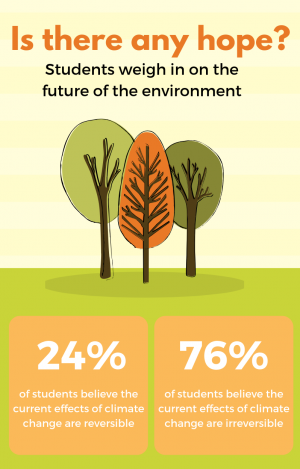Not your grandmother’s hobby: birdwatching offers valuable opportunities, entertainment
Senior Lucy Pham uses Leica binoculars to view a Prothonotary warbler sitting in a pine tree. Binoculars are one of the most important tools a birdwatcher can have with them; they help to get a closer look at the bird one is watching so that a proper identification can be made.
May 14, 2022
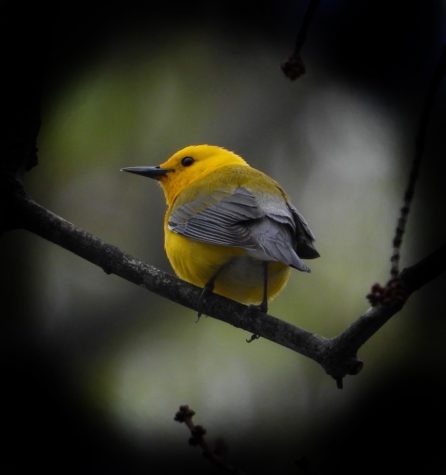
Old ladies sitting alone in parks with tiny pairs of binoculars, spending hours on end searching for tiny birds up in the trees—this image is the one that seems to represent birdwatching in the minds of most people. In reality, birdwatching is a hobby practiced by people of all ages and can offer many benefits and important opportunities for younger people.
Despite being a hobby that is usually practiced alone or in small groups, the birdwatching, or “birding” community, as it is colloquially called, has a large network of extremely connected members. Ebird, the largest platform for tracking individual birding, has had over 100,000 active members since 2015 and allows birders to connect with one another while recording when and where they have seen certain species.
The site also allows individual birders to participate in citizen science, when regular people participate or contribute to research, by recording their observations on the site; these are compiled to provide valuable insight on migration, bird population numbers and abnormalities in behavior.
Young people can participate in many other citizen science opportunities through birdwatch, like the Audubon Christmas Bird Count. The Audubon Bird count is a tradition that was started by John James Audubon and has been continued across the world since the 1800s. Events like these are not only an easy way to get involved with beginner ornithology, but also a way to meet people from all walks of life and make lifelong friends and connections.
Moreover, getting outside and looking for birds has more benefits than just meeting friends. According to Audubon, going into nature for prolonged periods of time can decrease feelings of loneliness and isolation, improve overall mental health, as well as lower heart rate and blood pressure—with doctors saying that birding is a tool that can be used in conjunction with medicine to reduce both mental and physical health ailments. Though there’s never a bad time to begin birding, with stressful finals and the end of the year rapidly approaching, starting to birdwatch now might be just the mental relief that’s necessary to get students through the end of the year—with a new hobby to pursue just in time for the summer season.
It may be the choice of many birders to hike and travel into remote locations while searching for birds, but participants don’t have to be able to walk miles— or even walk—to enjoy this hobby. Birdwatching is extremely accessible to people with disabilities, as birds can be seen and heard everywhere. Whether a wheelchair user, blind or deaf, birdwatching can be enjoyed by everyone. Even by setting up a bird feeder in a backyard and sitting still and watching, it’s possible to see a variety of species of birds. Organizations like Birdability focus on making bird-watching accessible to everyone who is interested.
Aside from the social and emotional benefits, birding is also a fun and sometimes competitive form of entertainment, with birders often participating in events like bird-a-thons, or the World Series of Birding which are sponsored competitions where teams across the globe try to see as many species of birds as possible in a limited time frame.
Birdwatching can also be used to hone skills that are vital to other aspects of life. These skills are learned unconsciously through identifying birds, both through sound and sight, staking out certain birds and learning to point out locations of birds to other birders accurately. This process can improve attention to detail, patience, listening and the ability to relay information to others effectively.
Despite all the positive effects of taking up birding as a hobby, this experience is unfortunately not always the same for everyone. Although the birding community is one with a diverse range of ages, the hobby is primarily white dominated, and as such, many people of color who choose to take part in birding unfortunately experience racism from fellow birders or onlookers. Fortunately, organizations all over the country like the Urban Bird Collective are working to make birding more inclusive and welcoming by funding group birding events or information sessions that create safe spaces catering specifically toward LGBT people, POC and Indigenous peoples within the birding community.
Aside from these rare, albeit extremely influential incidents, birdwatching is a rewarding and valuable hobby with an overwhelmingly welcoming community regardless of someone’s location, age, race and state of ability. Students can erase the stigma around birdwatching by joining community birding groups and events to reap the benefits for themselves.


